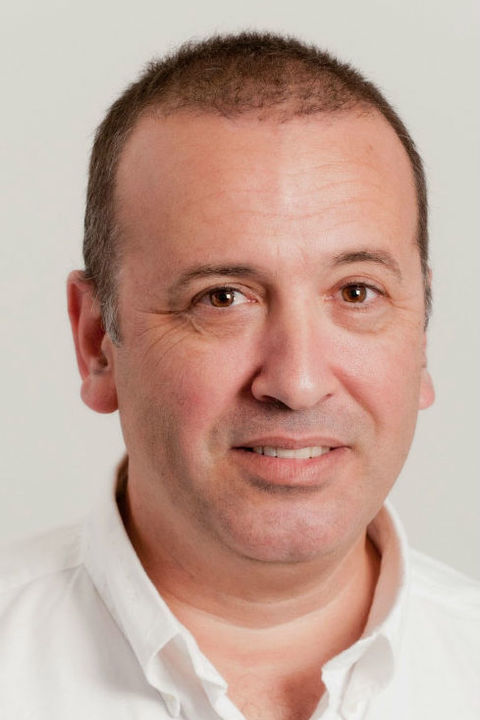Changes to hospitality program, curriculum to begin fall 2021
March 14, 2021
Students of Kent State’s hospitality program will now be offered additional courses and the chance to select concentrations within the degree after the Kent State Board of Trustees approved the changes at its meeting March 10.
The program, formerly known as Hospitality Management, will become known as Hospitality and Event Management. Aviad Israeli, a professor within the College of Education, Health and Human Services and the undergraduate program coordinator for the new program, led the charge toward revising the program and degree.
Program revisions had been in the works a few months before COVID-19 changed campus life, he said.
“Every academic program ought to review itself every four or five years and ask the questions, ‘Are we giving good service to our students? To our discipline? To the business environment?’” he said. “We felt that our industry is changing its composition and we need to respond to that.”
The department consulted with “stakeholders,” board members and faculty such as Therese Tillett, the associate vice president of curriculum planning and administration, Israeli said.
Students will be able to select two out of three concentrations offered: event management, hotel and resort management and food and beverage management. Although students often selected courses that catered to their interests in the past, he said, there was no formal option to select concentrations.
“We believe that we are giving students the ability to choose something that suits their career interests and career aspirations,” Israeli said, “and we think that those career options or concentrations are in line with the industry, so there is an industry out there in Northeast Ohio, in Ohio, in the United States and maybe even globally.”
New courses will be added, including the business of event management and production, philanthropic events, wedding planning, international cuisine and casino management, he said.
One on-campus site partnering with students of the program is the Innovation Teaching Kitchen, on the second floor of the Design Innovation Hub.
“We knew that the Hospitality Management program was in kind of a tricky and tough situation, because the culinary courses had been taught in the old kitchens in Beall Hall,” said J.R. Campbell, the executive director of the Design Innovation Initiative. “It was not something that they really reveled in, the idea of showing prospective students.”
The space was originally intended to be an Aramark-managed dining facility until the university determined it wasn’t a feasible option, allowing the space to take on a more student-oriented approach, Campbell said.
Students weren’t the only members of the Kent State community who would benefit from the kitchen. Campbell said faculty helped during the design process to ensure the end result was something that would “really benefit the teaching process.”
“[Hospitality Management faculty] were excited about this, too, that there would be opportunities for thinking about how we could showcase the kitchen and their program, as well as create some competitions and challenges that would be able to utilize the Innovation Teaching Kitchen,” he said.
The kitchen hosted a “TV cooking challenge” Nov. 18 to commemorate the DI Hub’s opening. Three students of the program served as contestants and their dishes were judged by faculty.
In a post-COVID-19 world, Campbell hopes challenges can involve students across disciplines of the university, and once COVID-19 restrictions have minimized, the number of students able to be in the kitchen at once will double.
“It’s an ultimate makerspace,” Campbell said. “In my opinion, it fits perfectly into the paradigm for Design Innovation and the DI Hub in terms of how we’re kind of trying to leverage the concept of making and how that connects to cross-disciplinary collaboration.”
Emma Andrus covers administration. Contact her at [email protected].

























